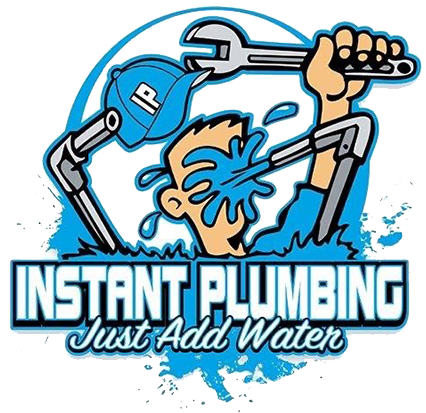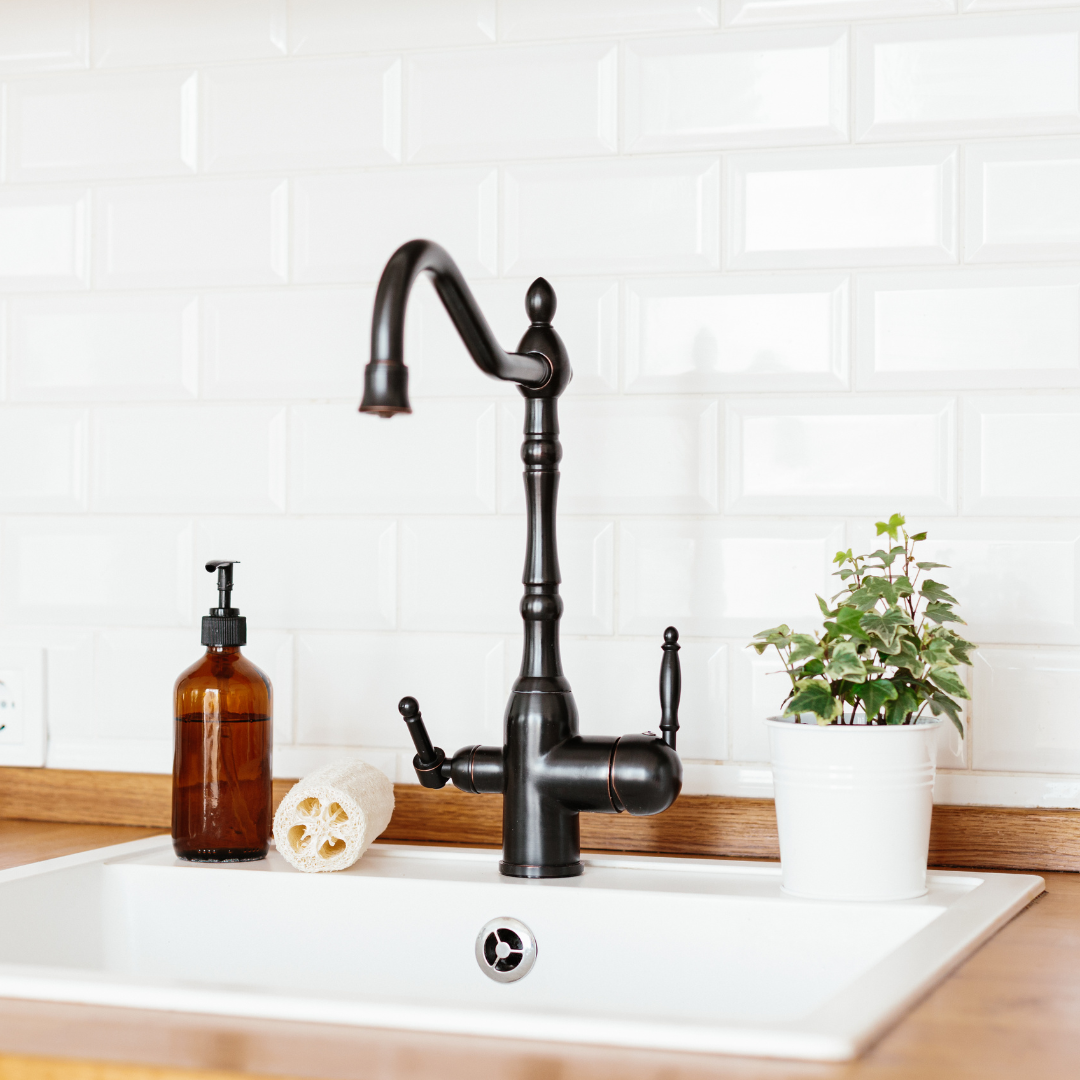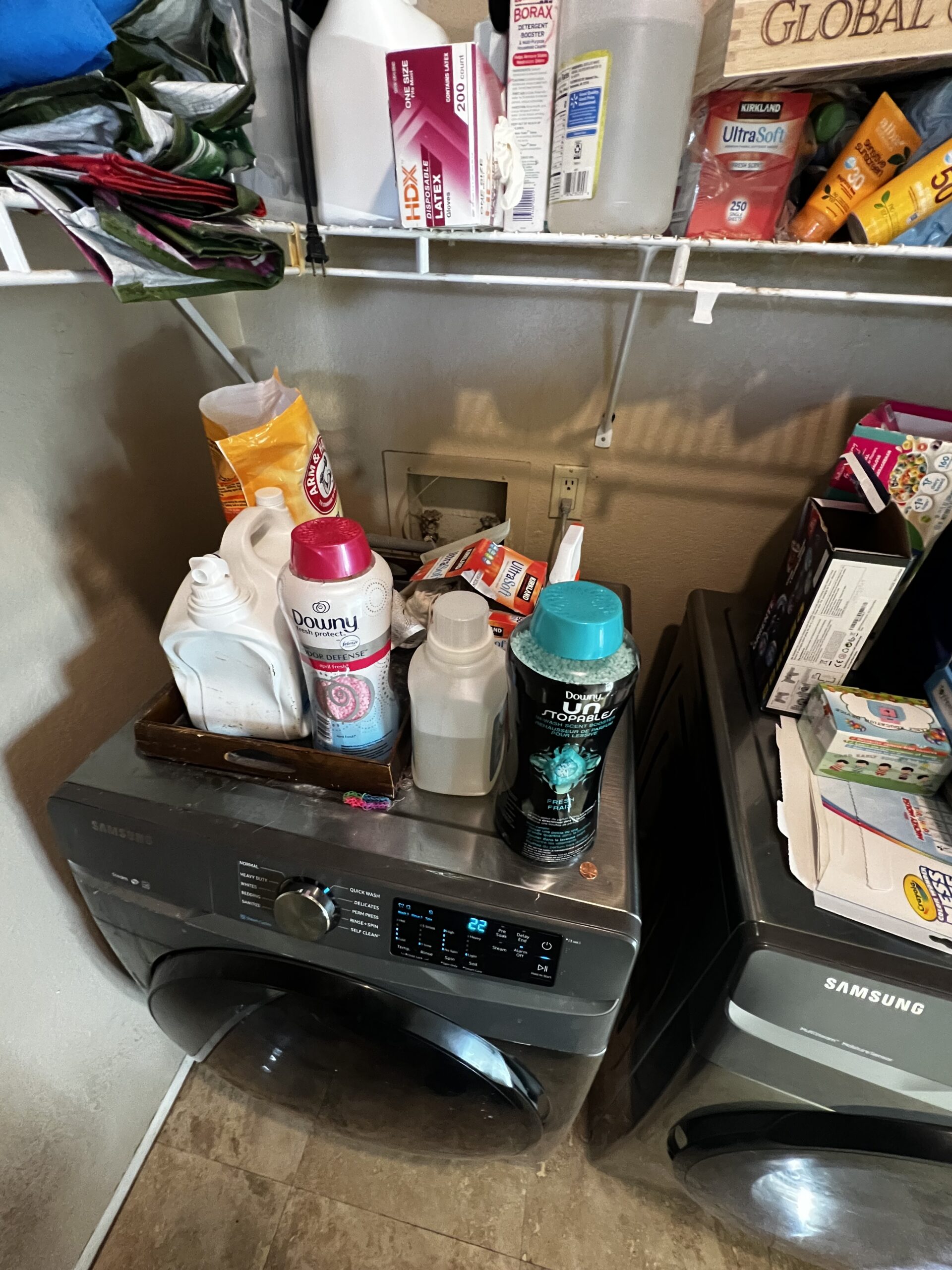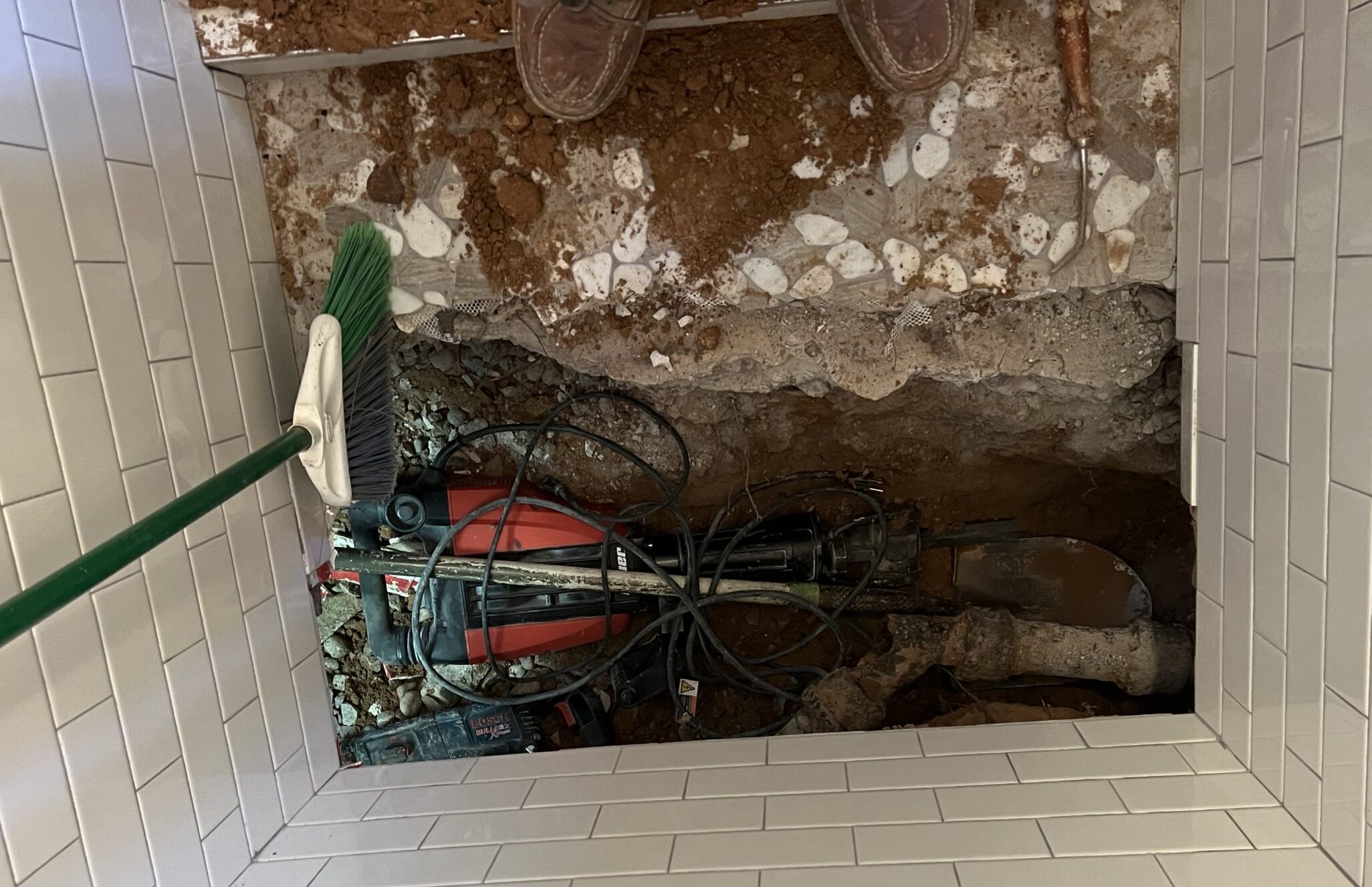Navigating a Slab Leak, What’s Next?
Slab leaks pop up out of no where, lurking unseen beneath the foundation of your home. These leaks occur in the water lines running below or within the concrete slab. If a slab leak is left undetected or unaddressed for too long, it could lead to significant structural damage, bacterial growth and high water bills, creating a serious concern for any home. The key to stopping the potential damage caused by slab leaks lies in early detection and the swift, professional intervention that follows. Knowing the signs to look for and when to call in the experts can save you from facing expensive repairs and home repairs down the line. We aim to educate you on the difficulty of slab leaks, guiding you through the leak detection process and the process of repairing or replacing the leaking water line.
Understanding Slab Leaks
Slab leaks, while not usually visible, unless you can see or feel water on your floor, can cause a significant threat to the structural integrity of your home. Many factors can contribute to slab leaks, including pipe corrosion, physical pressure from ground shifts or settling, the expanding and contracting of the pipes due to weather or water temperature, and wear and tear over time. A slab leak is usually a pin hole leak in the pipe, even with a small leak, over time they can cause significant damage. Beyond the obvious water waste and increase to your water bill, undetected slab leaks can cause damage to your home’s foundation, leading to cracks in the slab, walls and floors, promote the growth of mold and mildew, damage your flooring and create an environment that breeds pests. Knowing the common causes and damages of slab leaks is crucial for homeowners to take timely action, ensuring the longevity and safety of your home.
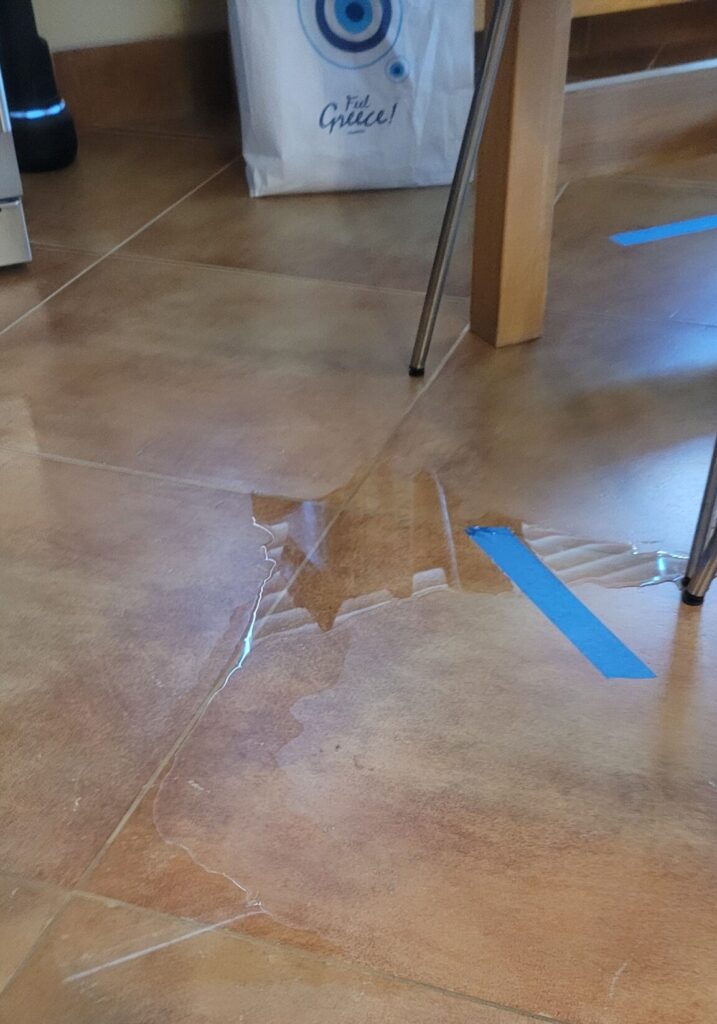
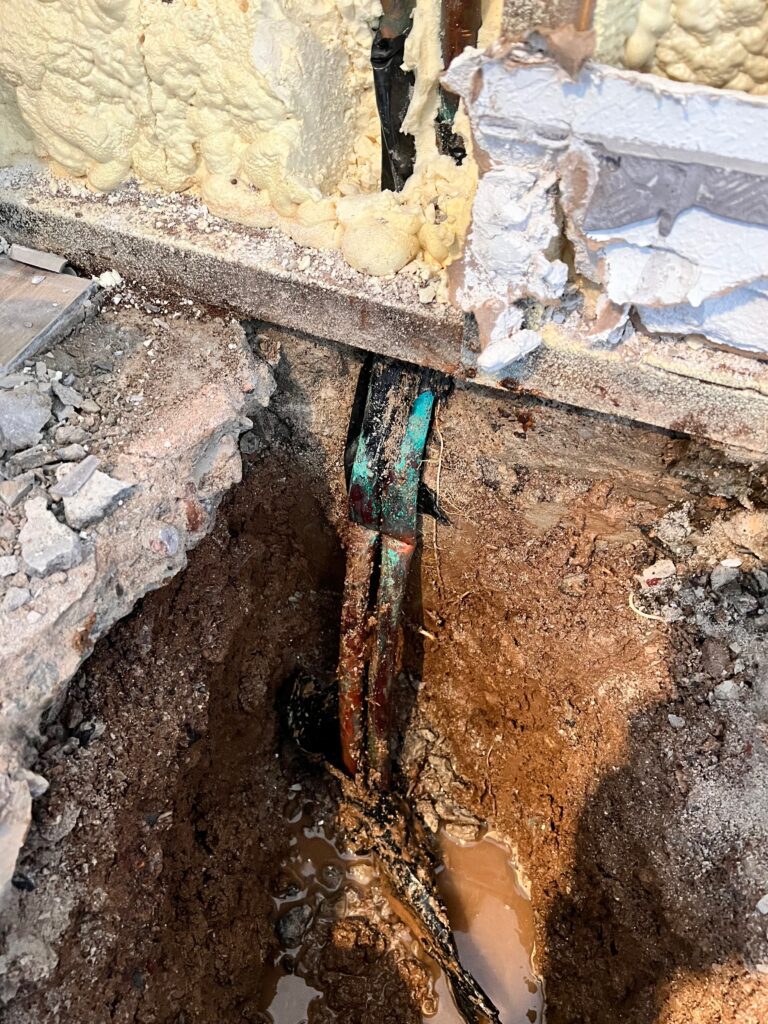

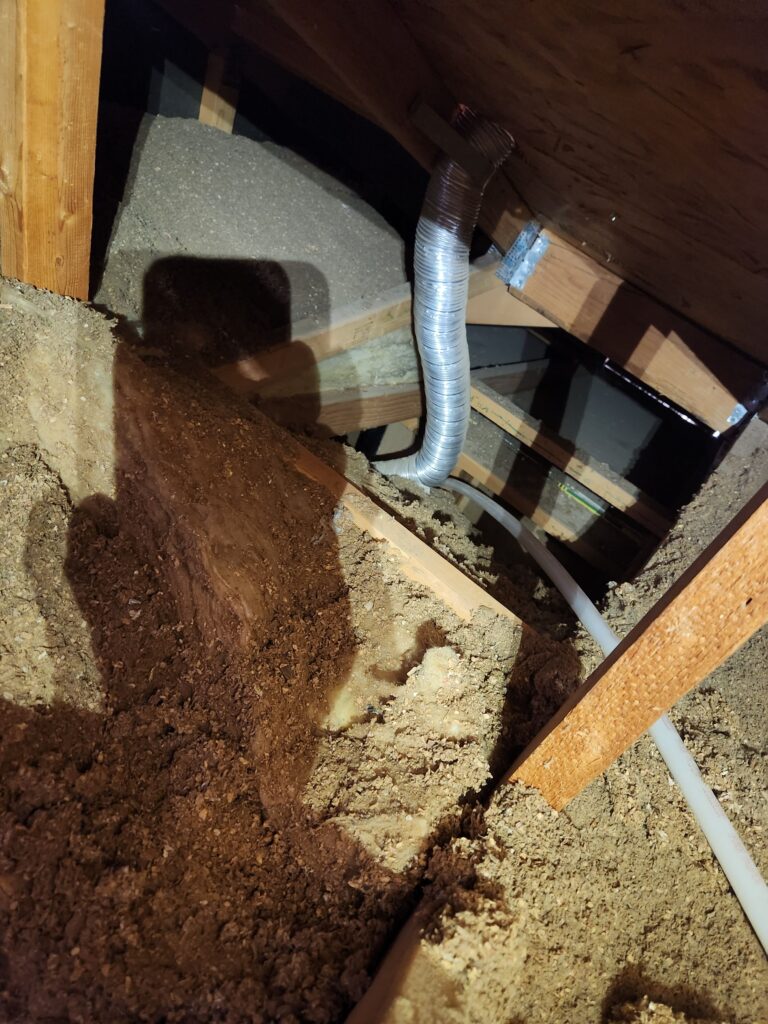

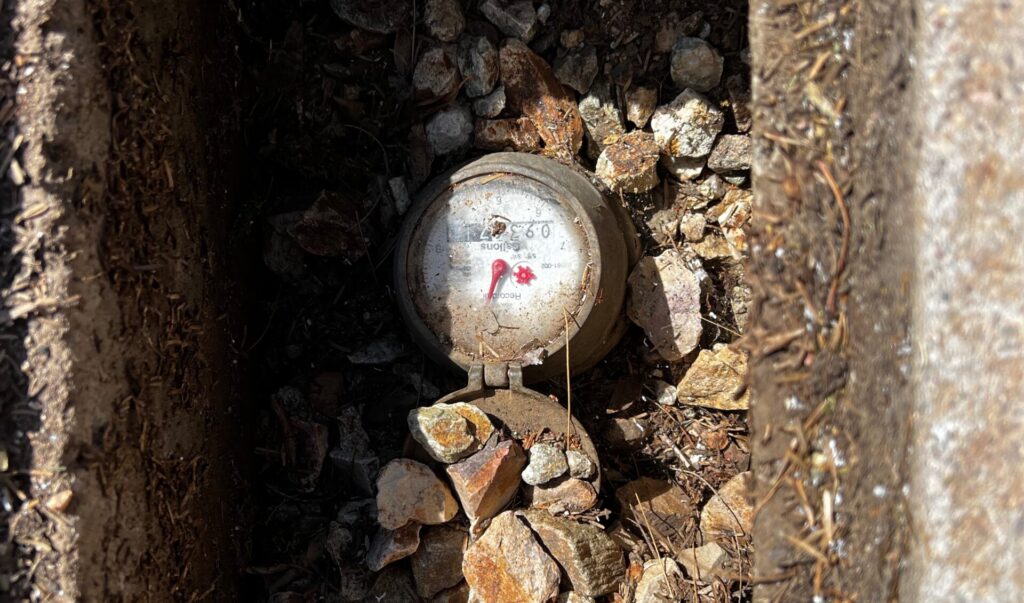

Early Signs of a Slab Leak
When suspecting a slab leak in your home, keep an eye out for these early warning signs:
- Increase in Water Bills: A sudden spike in your water bill could indicate a leak, as water is continuously escaping from the compromised pipes.
- Sounds of Running Water: Hearing water flowing or spraying when all plumbing fixtures are off suggests water is leaking somewhere beneath your home.
- Running out of Hot Water: If you have already ruled out a problem with your water heater, this could be a sign of a hot water slab leak.
- Visible Cracks in Walls or Flooring: These may indicate the foundation is shifting due to water damage from a slab leak.
- Moisture, Wet Spots or Warmth on Floors: Unexplained wet spots or warmth on your floors can be a direct sign of water leaking from below.
- Mold or Mildew Presence: The appearance of mold or mildew in typically dry areas suggests excess moisture, possibly from a slab leak (we have also seen mushrooms growing on baseboards!)
Promptly recognizing these signs and consulting with plumbing professionals can prevent further damage and ensure the structural integrity and safety of your home.
Detection Techniques
- Professional Inspection Techniques: When it comes to finding a leak that’s hidden under concrete, specialty leak detection companies have the right tools for the job. They might use sound detection equipment to listen for leaks or thermal cameras to spot hot and cold areas where water is escaping. These methods are non-invasive, meaning they will not tear up your property just to locate the problem.
- DIY Tips for Homeowners: If you’re trying to figure out if you have a slab leak, there are a few things you can do before calling in the pros. Keep an eye on your water bill for any spikes that don’t match up with your usage, check your water meter to see if it’s spinning when all water is turned off, and look around your home for any signs of unexpected moisture or cracks.
- The Impact of Technology on Leak Detection: Today’s leak detection isn’t just about guesswork; it’s backed by technology. Infrared cameras and electronic listening devices help professionals pinpoint leaks with precision, minimizing the need for guesswork and unnecessary damage to your property.
At Instant Plumbing and Rooter we specialize in fixing the leaks rather than finding them, we know how important accurate detection is. That’s why we recommend getting in touch with Precision Locating for all your leak detection needs. Once they’ve found the leak, we’re on hand to repair it, ensuring your home stays dry and damage-free. Remember, the sooner you catch a slab leak, the better off your home will be.
Choosing the Right Slab Leak Repair Method
When it comes to slab leak repairs, choosing the right method is crucial for both the integrity of your home and your budget. Here are the primary repair options, each with its own set of advantages and disadvantages:
Direct Access Repair
- Pros: Direct access to the leak ensures a thorough repair; often the most straightforward approach to fixing the leak.
- Cons: Involves removing the finished flooring, cutting into the slab, which can be invasive and costly; may require significant restoration work post-repair. Future leaks may occur further down the pipe.
Pipe Rerouting
- Pros: Eliminates the need to break into the slab; a long-term solution if the rest of the piping is deteriorating.
- Cons: Can be more expensive due to the amount of new piping and labor involved; will require access through drywall on walls and ceilings, leading to additional repair work.
Sleeve Repair
- Pros: Less invasive than direct access; can be a cost-effective solution for certain types of leaks.
- Cons: Not suitable for all types of pipes or leaks; may not be a long-term solution if the existing pipes are in poor condition.
Professionals weigh several factors when determining the best course of action for slab leak repairs. These include the location and severity of the leak, the condition of the existing plumbing, the impact on the home and cost considerations. By carefully assessing the situation, we will recommend the most effective and efficient repair method, ensuring the safety and stability of your home’s plumbing system.
Slab Leak Repairs: Ensuring a Dry and Secure Home
Slab leaks are a hidden menace that can undermine the structural integrity of your home, leading to a host of problems if left unchecked. Understanding the nuances of detecting and repairing slab leaks is crucial for homeowners to protect their property and avoid costly damages. This blog has walked you through the essentials of slab leaks, from early detection signs to professional and DIY detection techniques, and finally, to choosing the right repair method. Armed with this knowledge, you can take proactive steps to address slab leaks promptly and effectively.
Frequently Asked Questions
Q: How can I tell if I have a slab leak?
A: Look for signs like unexpected increases in your water bill, the sound of running water when all taps are off, visible cracks in walls or flooring, moisture or wet or warm spots on floors, and the presence of mold or mildew.
Q: Can I detect a slab leak on my own?
A: While homeowners can spot early signs of a slab leak, professional detection is recommended for accurate identification and location. Specialized tools like sound detection and thermal imaging are used by professionals to locate leaks without invasive methods.
Q: What are the main causes of slab leaks?
A: Slab leaks can be caused by pipe corrosion, physical pressure from ground shifts or settling, temperature changes, and wear and tear over time.
Q: What repair options are available for slab leaks?
A: Repair options include direct access repair, pipe rerouting, and sleeve repair, each with its own pros and cons. The choice of repair method depends on several factors, including the leak’s location and severity.
Q: How do professionals choose the best repair method for a slab leak?
A: Professionals consider the leak’s location, the condition of the existing plumbing, and cost considerations. A thorough assessment helps us recommend the most effective repair method.
Remember, early detection and professional intervention are key to managing slab leaks effectively. If you suspect a slab leak in your home, don’t hesitate to contact us to help you safeguard your home against potential damages. At Instant Plumbing and Rooter, we’re committed to providing top-notch plumbing repair services to keep your home dry and secure.
